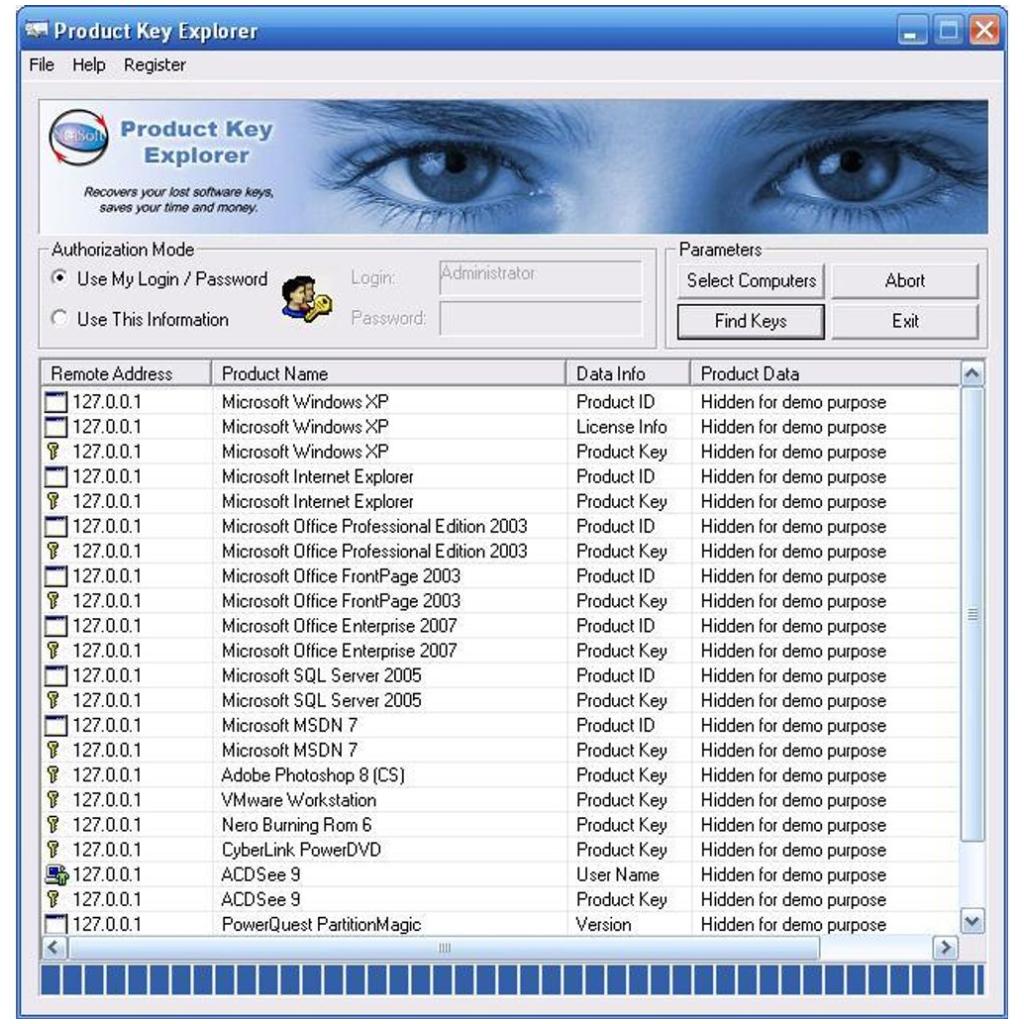
Import a scene (does not clear existing scene)
 Contrl-Left mouse button should always be available as a substitute for the right mouse button to support one button mice (on Mac). On Mac, you can also use the command key with a mouse click to get middle mouse events. Alt-Left mouse button should always be available as a substitute for the middle mouse button to support two button mice. 1.2 Slice Viewer Hot-keys (keyboard accelerators)Īpplication Hot-keys (keyboard accelerators) Developers: Please note the following reserved key combinations!. 1.1 Developers: Please note the following reserved key combinations!. 1 Application Hot-keys (keyboard accelerators). If shift key was pressed, it's not a number. Set the flag to true and evaluate in KeyPress event. A non-numerical keystroke was pressed. Determine whether the keystroke is a backspace. Determine whether the keystroke is a number from the keypad. Determine whether the keystroke is a number from the top of the keyboard. Void textBox1_KeyDown( Object^ /*sender*/, System::Windows::Forms::KeyEventArgs^ e ) Handle the KeyDown event to determine the type of character entered into the control. Boolean flag used to determine when a character other than a number is entered. The following code example uses the KeyDown event to determine the type of character entered into the control. The second x mouse button (five-button mouse). The first x mouse button (five-button mouse). The right Windows logo key (Microsoft Natural Keyboard). The Packet key value is the low word of a 32-bit virtual-key value used for non-keyboard input methods. Used to pass Unicode characters as if they were keystrokes. The OEM tilde key on a US standard keyboard. The OEM Semicolon key on a US standard keyboard.
Contrl-Left mouse button should always be available as a substitute for the right mouse button to support one button mice (on Mac). On Mac, you can also use the command key with a mouse click to get middle mouse events. Alt-Left mouse button should always be available as a substitute for the middle mouse button to support two button mice. 1.2 Slice Viewer Hot-keys (keyboard accelerators)Īpplication Hot-keys (keyboard accelerators) Developers: Please note the following reserved key combinations!. 1.1 Developers: Please note the following reserved key combinations!. 1 Application Hot-keys (keyboard accelerators). If shift key was pressed, it's not a number. Set the flag to true and evaluate in KeyPress event. A non-numerical keystroke was pressed. Determine whether the keystroke is a backspace. Determine whether the keystroke is a number from the keypad. Determine whether the keystroke is a number from the top of the keyboard. Void textBox1_KeyDown( Object^ /*sender*/, System::Windows::Forms::KeyEventArgs^ e ) Handle the KeyDown event to determine the type of character entered into the control. Boolean flag used to determine when a character other than a number is entered. The following code example uses the KeyDown event to determine the type of character entered into the control. The second x mouse button (five-button mouse). The first x mouse button (five-button mouse). The right Windows logo key (Microsoft Natural Keyboard). The Packet key value is the low word of a 32-bit virtual-key value used for non-keyboard input methods. Used to pass Unicode characters as if they were keystrokes. The OEM tilde key on a US standard keyboard. The OEM Semicolon key on a US standard keyboard. 
The OEM singled/double quote key on a US standard keyboard. The OEM question mark key on a US standard keyboard. The OEM plus key on any country/region keyboard. The OEM pipe key on a US standard keyboard. The OEM period key on any country/region keyboard. The OEM open bracket key on a US standard keyboard. The OEM minus key on any country/region keyboard. The OEM comma key on any country/region keyboard. The OEM close bracket key on a US standard keyboard. The OEM angle bracket or backslash key on the RT 102 key keyboard. The bitmask to extract modifiers from a key value. The middle mouse button (three-button mouse). The left Windows logo key (Microsoft Natural Keyboard). The bitmask to extract a key code from a key value. (maintained for compatibility use HangulMode) The application key (Microsoft Natural Keyboard).

TypeConverterAttribute FlagsAttribute ComVisibleAttribute Fields







 0 kommentar(er)
0 kommentar(er)
